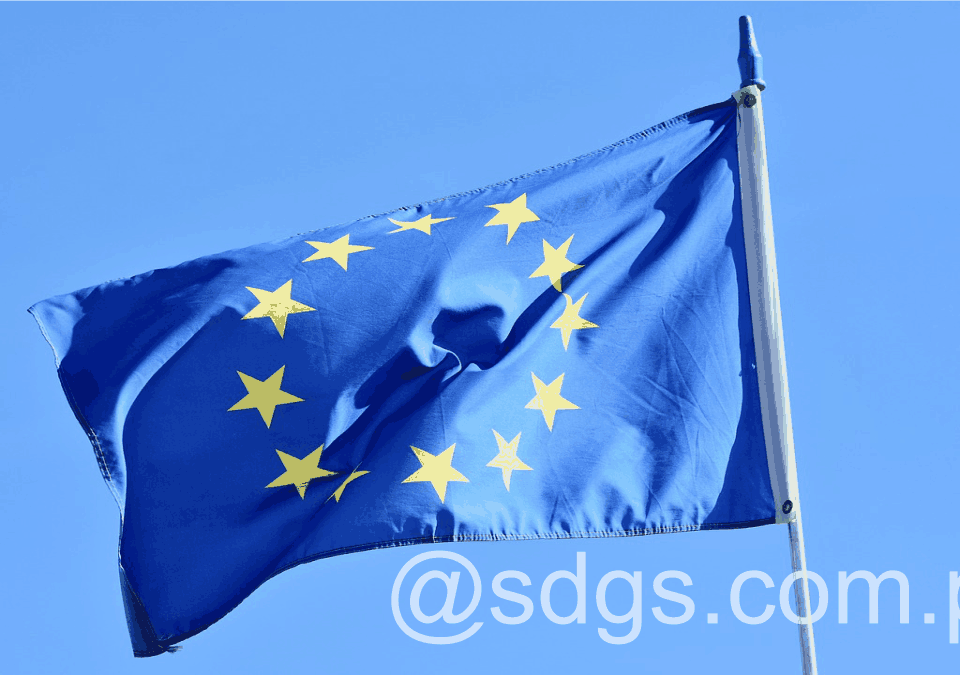
Contribution of Universities to SDGs “Global Ranking”
March 7, 2019
Climate Resilience Through Community Awareness.
March 9, 2019The United Nations Environment Program (UNEP) published the Summary for Policymakers (SPM) of Global Chemicals Outlook II (GCOII) before the fourth session of the United Nations Environment Assembly (UNEA) . The SDG highlights the key elements of the GCOII, which include: lack of data to assess progress toward the 2020 target; the development of non-chemical alternatives and the links between chemical products and waste, in coordination with the Global Waste Management Outlook; and provide scientific inputs and options for the implementation of actions to achieve the relevant SDGs and the goals up to and after 2020.
The Summary, attached to the report of the Executive Director of UNEP (UNEP / EA.4 / 21), is entitled “Global perspectives on chemicals II: from legacies to innovative solutions: implementation of the 2030 Agenda for Sustainable Development”. The document warns that the consumption and production of chemical products has continued to grow from the Global Perspective on Chemical Substances I in 2013. It recognizes that there are solutions, but that more ambitious and urgent actions are needed on the part of all interested parties.
The summary calls for more ambitious actions to:
develop a framework for the rational management of chemicals and waste beyond 2020 that is ambitious and comprehensive and creates incentives to encourage commitment and participation of all actors in the value chain;
implement actions until and after 2020 that also reach the relevant SDGs; whyuse the SDGs and objectives to stimulate integrated action beyond 2020.
The SPM notes that, in addition to formulating the SDG targets on chemicals and waste management, the 2030 Agenda “provides a renewed opportunity to strengthen inter-ministerial coordination mechanisms and integrate the considerations of chemicals and waste in the relevant policies and actions of the sector “.
The key findings of the Summary focus on the increasing complexity, associated risks and other issues related to growth in the chemical-intensive industrial sectors, the rapid increase in supply chains and the trade of chemicals and products. They address, among other things: the release of dangerous chemicals and other pollutants in large quantities; actions to minimize adverse impacts on health and ecosystem services; contribution of international treaties and voluntary instruments to reduce the risks of certain chemicals and waste and associated opportunities; prioritize the needs of developing countries and emerging economies to address legislation and capacity gaps; the exchange of knowledge, the reduction of risk beyond compliance, policies based on human rights, education and innovation of sustainable ecological chemistry and other drivers of change; and filling the gaps in global knowledge.
The SPM emphasizes that a life-cycle approach to regulatory systems is critical. Notes that many countries, including several developing countries and economies in transition (EIT), have already made progress in the enactment of legislation, the creation of programs and the implementation of policies to achieve adequate management of chemicals and waste, and highlights the cooperation potential of these actions. knowledge exchange and replication. The Summary highlights the development of national chemical product management profiles and plans through multisector and multi-stakeholder collaboration, and notes that these initiatives provide a useful starting point for action at the country level beyond 2020 , taking into account the orientation and general orientation of the Strategic Approach for the International Management of Chemical Products (SAICM).
Source: SDG Knowledge Hub.




